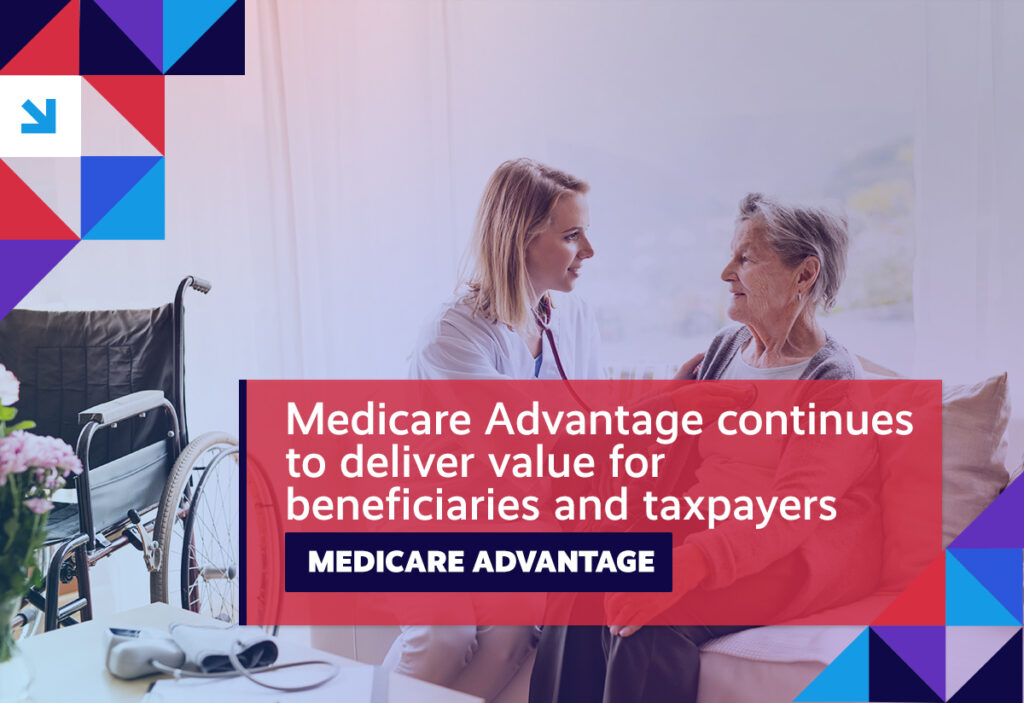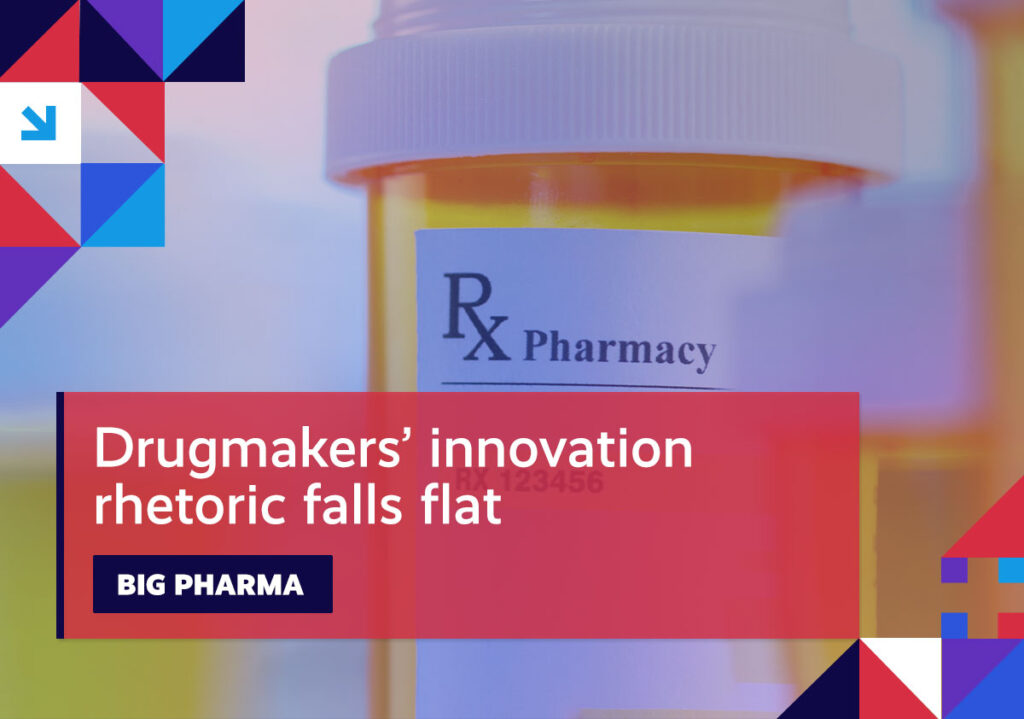A quick roundup of the issues driving the healthcare reform conversation.

Week in Review
Rx PRICES Drugmakers raise prices by more than $1 billion without justification.
Quick takeaway: Eight of the top ten prescription drugs with significant price increases last year had no clinical evidence to justify those hikes.
Digging deeper: According to newly released data from the Institute for Clinical and Economic Review (ICER), those unsupported price increases totaled nearly $1.3 billion. The latest report was the fifth time ICER researchers had identified these kinds of price hikes.
What it means: In speaking to the analysis, ICER’s Chief Medical Officer highlighted that many of the most costly drugs continue to see increases above inflation. Those price hikes led to the largest increases in U.S. expenditures (on prescription drugs).
HOSPITAL CONSOLIDATION As hospital systems consolidate, healthcare costs go up, quality goes down, and patient access is compromised.
Quick takeaway: The pace of consolidation is rapidly reshaping healthcare delivery across the U.S., particularly in the Midwest.
Digging deeper: Health systems in this part of the country are increasingly looking to consolidate, citing challenges meeting the healthcare needs of rural communities or operating in larger states.
But, these mergers and acquisitions are no longer limited to the same or adjacent markets, as data points to an uptick in consolidation across state lines, something regulators are keeping a wary eye on.
What it means: On this side of the pandemic, there’s growing concern that hospital consolidation isn’t just increasing, but taking place between larger and larger systems.
Conversely, private equity investors and larger hospitals have quietly employed a “roll up” strategy, whereby a series of relatively smaller acquisitions – which manage to sneak below the radar –ultimately lead to a more heavily consolidated market.
Regardless of how these consolidations take place, evidence has shown that consumers, employers, and the government pay the price, as healthcare costs increase, access narrows, and quality is negatively impacted.
MEDICAID MANAGED CARE Integrated pharmacy benefits drive better health outcomes for Medicaid enrollees.
Quick takeaway: Pharmacy-related health outcomes are better in states whose Medicaid programs are administered by managed care organizations (MCOs).
Digging deeper: By comparing quality and health effectiveness datasets, researchers at The Menges Group were able to determine that states with MCO administered pharmacy benefits outperformed states who failed to integrate these benefits.
What it means: The analysis reinforces the value that MCOs bring, not just to Medicaid enrollees, but to the states and the federal government.
UNNECESSARY CARE The U.S. spends way too much money on healthcare that does little or nothing to help patients.
Quick takeaway: Unnecessary medical care drives up costs for everyone and exposes people to potential harm.
Digging deeper: As covered recently, wasteful spending throughout our healthcare system on low-value care is a growing problem. It’s a structural issue with roots in a reimbursement model designed to reward volume rather than value.
What it means: Despite widespread acknowledgment of the pressing need to invert that model, systemic struggles to transition to a value-based system persist. Nevertheless, stakeholders remain undeterred in their efforts to drive that transition.
For instance, health plans, who continue to push value-based reimbursement arrangements with providers, such as those increasingly offered through Medicare Advantage plans.
The focus on health equity has also led to greater participation in these value-based care arrangements, with health plans incentivizing providers to screen for socioeconomic barriers to care.
Spotlight

| You can keep up with the latest by following the Health Action Network on X and by liking us on Facebook. And, be sure to check us out on LinkedIn, too. As always, let us know if there’s something you’d like to see covered in a future newsletter. |
The Health Action Network includes everyday Americans—families, workers, businesses, patients, providers, neighbors, and friends. We are working together because we support market-based solutions that offer better healthcare choices and help build a stronger economy. The Health Action Network is an Elevance Health, Inc., initiative.
